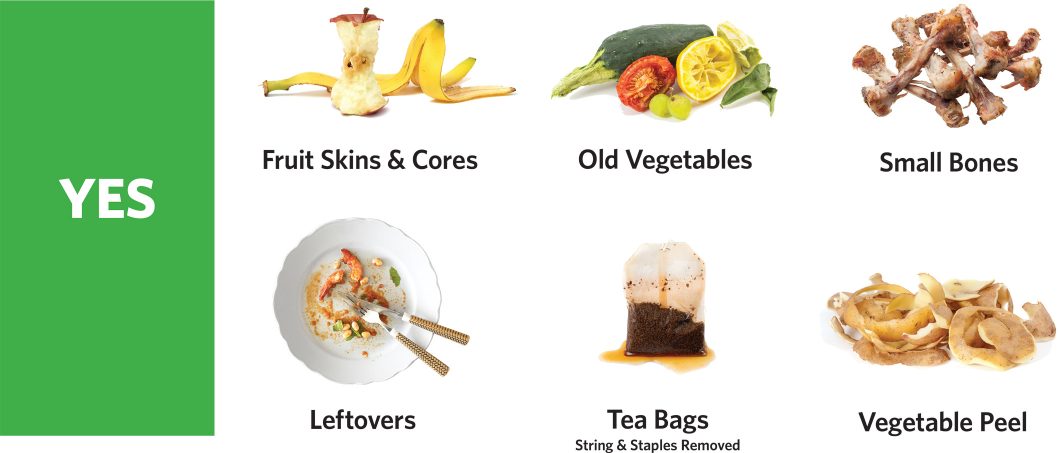What’s safe to go down a disposer?
InSinkErator food waste disposers are designed to handle just about any type of everyday food waste. But the topic of what not to put in a garbage disposal is alive and well, usually based on myths and old family stories rather than facts.
First things first, never place any type of fats, oils, grease in a food waste disposer, or any household drain for that matter.
Those materials collect inside the plumbing pipes and are usually the cause of many plumbing issues.
Here’s a handy link from WaterCare on the best way to get ride of fats, oils and grease: Click Here.
Household Foodwaste
InSinkErator disposals can quickly and efficiently grind most everyday food wastes, including leftover meats, vegetables and fruits, as well as food preparation waste.
The key to keeping a disposal working properly is to follow the “How to operate your Food Waste Disposer” and avoid filling the disposal with too much food waste at one time.


Coffee Grounds and Eggshells
There is often the question of using a disposal for eggshells and coffee grounds. In fact, neither of these materials is harmful to a disposal, and will pass through it without a problem. However, problems can arise with household plumbing – especially if it is older, or has not been cleared in some time.
Both coffee grounds and eggshells are sedimentary in nature, if too much is placed in at one time, or if the plumbing is restricted, it can create a clog or a ‘slow drain’ situation. Too help avoid any problems, feed these materials into the disposer gradually, and utilize a strong flow of cold water to help flush it through the pipes.
